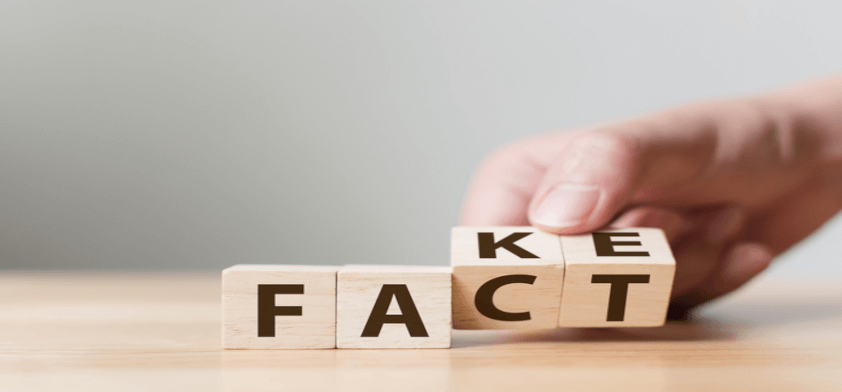Social media has become central to daily life. Many people both young and old consume some form of news from various social media platforms. However, how do we know what is true and what is false? This is where the importance of social media fact checking comes in. Read on to find out why it is so crucial.
Why Should Social Media Fact Checking Become Normalized?
For many, social media has evolved past staying updated on what your friends and family are up to on the weekends. Those with busy lives often don’t have time to watch the news or read the newspaper. Instead, they get their news from Twitter, Facebook and Instagram.
While these platforms can be informative, the outpouring of fake news can often cloud real reporting.
Why fake news is so harmful right now
Information about the coronavirus pandemic and its impact is changing on a daily basis. This fact alone terrifies many people, causing them to turn to their news sources to get any kind of updates.
Those who are deliberately trying to spread news – whether it holds any truth or not – will post articles that are tailored to both fill the desire for information and deliver a shock factor. In turn, the publisher of said news may receive a lot of online traffic.
Legal Consequences
Besides the fact that spreading fake news about the pandemic is apt to cause mass panic, there is also the economic side of things to consider. By not doing regular social media fact checking when posting a report or promoting a service, your brand can turn away customers or cause unintentional legal consequences.

How Can Consumers Recognize Fake vs. Real News?
SocialMediaToday reports that 70 percent of Americans receive a portion of their news from social media platforms. That’s almost three-quarters of the nation getting their news from apps rather than newspapers or TV.
SocialMediaToday also posted a helpful infographic providing a checklist on how to do your very own social media fact checking on the news you’re consuming.
- Check the URL or domain name
- Look at the quotes used in the article
- Look at who is quoted
- Read the “About Us” section on the author(s)
- Scroll to the comments section at the bottom of the page
- NewsGuard Browser Extension – This extension rates the credibility of over 4,000 websites
- Media Bias Charts – Ad Fontes Media has an interactive chart for users to rate different sources on their bias and reliability
All of these simple tips are small ways to check that the news you’re consuming is reliable. This also will help you avoid other sources of misinformation in the future.

The Truth
With an overwhelming amount of news reports created daily, there are some sources reporting information incorrectly. This may happen for malicious reasons like driving more traffic, or simply a result of having the wrong information.
Whatever the case, it is important to stay vigilant about the news you are consuming. Performing the short list of social media fact checking steps above will help you choose your news carefully.
For professional help managing your brand’s social media presence, visit Fat Guy Media today!


